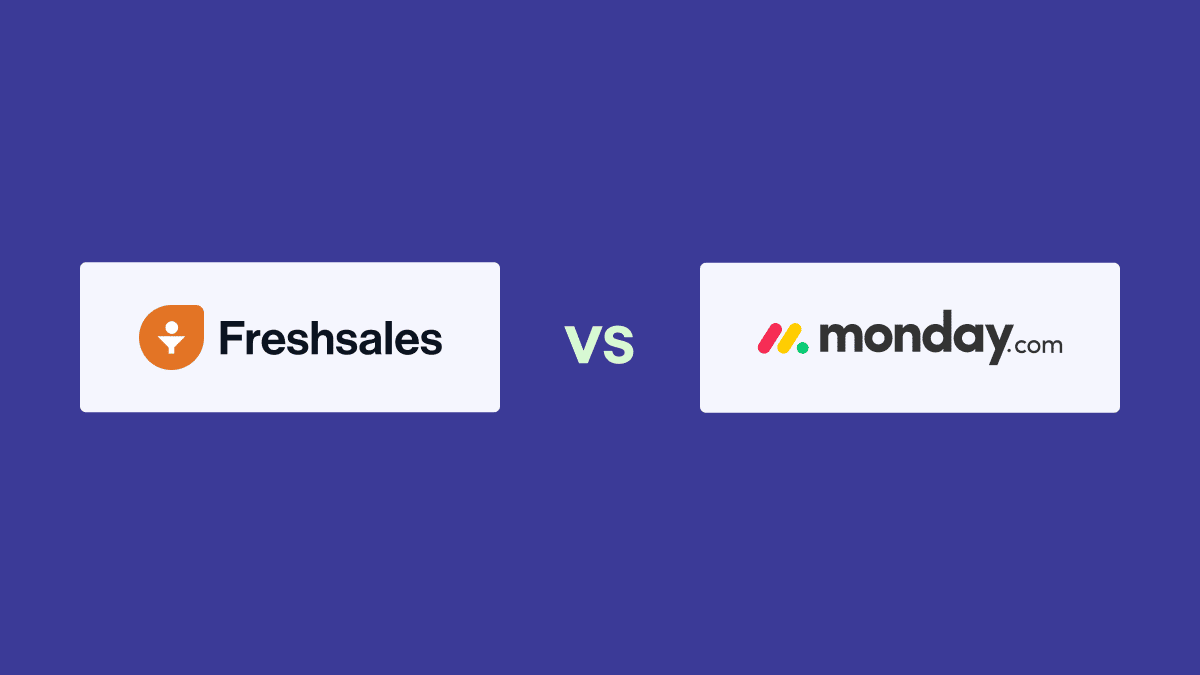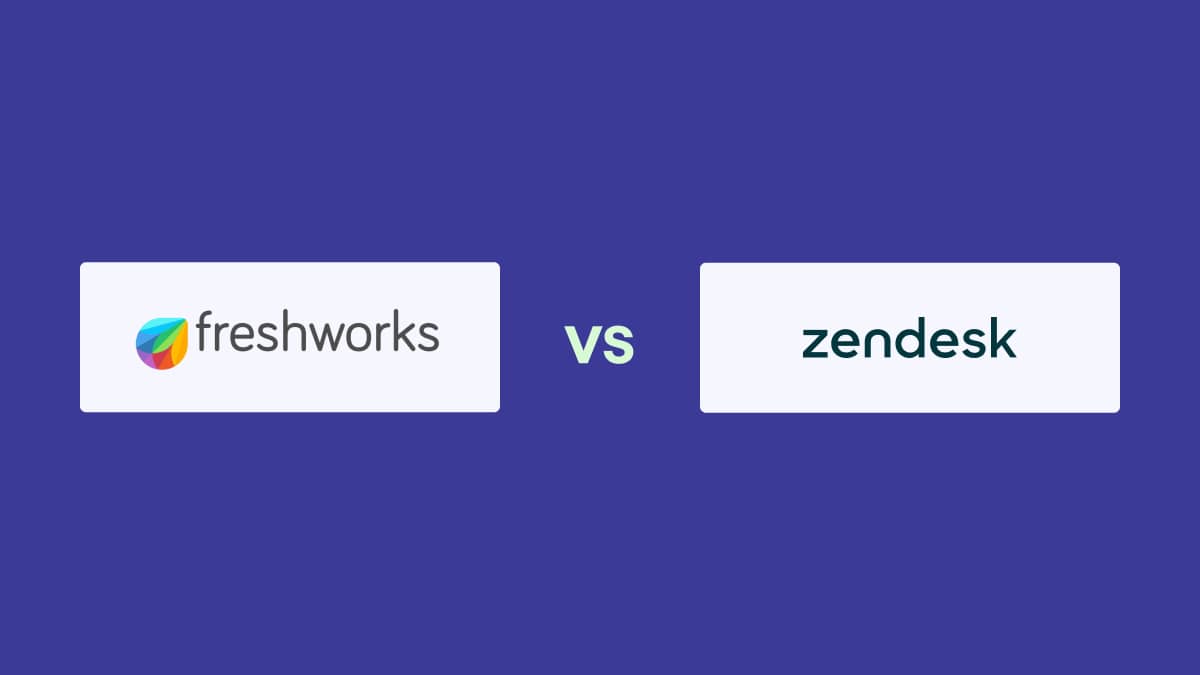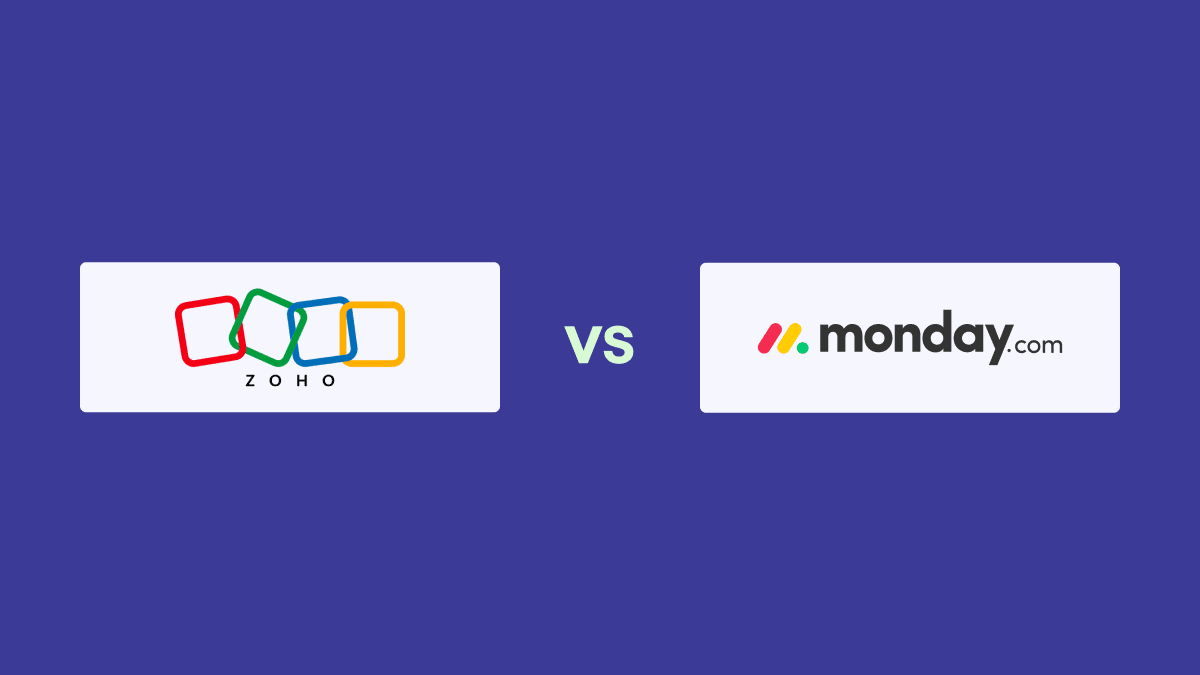Small businesses need practical tools to manage customer relationships and simplify their operations. Customer Relationship Management (CRM) systems have become indispensable for businesses looking to improve customer interactions, drive sales and enhance overall efficiency throughout the customer journey. CRM systems empower your sales team to achieve their targets effectively.
In this guide, you’ll understand the basics of CRM and learn how these systems can benefit your small business.
What is a CRM guide?
A CRM guide is your go-to resource for understanding and implementing Customer Relationship Management systems in your business. It covers everything from the basics to best practices, helping you choose and leverage the right CRM tool to boost customer engagement, optimize business processes and drive growth.
Think of it as your roadmap to CRM success. It showcases the advantages of implementing CRM tools in your business and the risks of not doing so. Whether you’re new to CRM or looking to optimize your existing system, this guide is your ticket to understanding the basics.
What is CRM?
Customer Relationship Management (CRM) is both a strategy and technology businesses use to manage and analyze interactions with current and potential customers. A CRM system helps you stay connected to customers, simplify processes and improve profitability.
You can think of it as having a super-powered assistant who manages your customer data, sales, marketing campaigns and customer support all in one place. A holistic view of each customer will help you serve them better and grow your business. CRM systems support both sales reps and marketing teams to enhance their performance, providing actionable insight for strategic decision-making.
Note: According to a report by Grand View Research, the global CRM market size was valued at USD 65.59 billion in 2023 and is expected to grow at a significant compound annual growth rate (CAGR) of 13.9% from 2024 to 2030.
Unlocking the potential of CRM systems
CRM systems are some of the most versatile business tools you can use. They serve as a central hub for customer information, making it easier to access and manage data. By using a CRM system, you can simplify your workflows and boost overall productivity.
CRM systems come in three main types:
Operational CRM. Focuses on improving and automating customer-facing processes, such as sales and marketing activities, ensuring smooth and efficient interactions and tracking every step of the sales funnel.
Analytical CRM. Dives into data analysis, helping businesses gain valuable insights into customer behaviors and trends, which can inform strategic decisions and personalized marketing efforts.
Collaborative CRM. Emphasizes interdepartmental communication and information sharing, ensuring all teams have a unified approach to customer service and relationship management.
Distinct features of CRM systems include contact management, which allows businesses to keep detailed records of customer interactions and preferences.
Lead management helps track potential customers from initial contact to conversion, ensuring no opportunity is missed. Sales managers can use these tools to oversee and enhance team performance, making sales management more efficient. Additional features like email campaigns can further simplify marketing efforts.
Sales forecasting uses historical data to predict future sales trends, aiding in strategic planning, while reporting tools provide businesses with comprehensive data analysis, enabling them to monitor performance and make data-driven decisions.
For small businesses, CRM systems offer a game-changing approach to managing customer relationships. They provide deeper insights into customer needs, improve service delivery and foster stronger customer loyalty.
By understanding the different types of CRM systems and their unique features, small businesses can choose the most suitable solution to drive growth and enhance customer satisfaction.
Why should your small business use a CRM system?
Managing customer relationships and sales processes efficiently is crucial if your small business wants to be competitive. That’s where CRM systems come in handy.
Productivity and efficiency are key, and according to Pipedrive’s latest State of Sales and Marketing Report, 81% of sales and marketing professionals already use customer relationship management software that offers automation.
Do you use customer relationship management software that offers automation?
Let’s explore why using a CRM system is essential, focusing on the benefits of Pipedrive CRM.
Pipedrive CRM: a game changer for small businesses
Pipedrive CRM is tailor-made for small businesses looking to streamline their sales process. Here are some of the features that make it stand out.
Visual sales pipeline. Get a clear, intuitive view of each deal, helping you spot bottlenecks and manage sales cycles effectively.
Automation: Eliminate manual tasks and focus on more strategic activities. Pipedrive CRM’s key feature is its ability to support sales reps in closing deals efficiently and improving conversion rates.
Smart contact management. Automatically gather information about your contacts from the web, reducing manual data entry.
Robust reporting and analytics. Make data-driven decisions with detailed reports on sales performance and key sales metrics.
Seamless integration. Connect with a wide range of business tools for a cohesive approach to customer relationship management.
User-friendly interface. Get up and running quickly, even without extensive IT support.
Benefits of CRM tools for small businesses
Imagine your small business as a well-coordinated team, where every player knows their role and works in perfect harmony. This is the transformative power of a CRM system. It’s not just a tool, but a game-changer for your entire operation.
When you implement a CRM, you’re giving your business a central nervous system. It connects all the vital parts – sales, marketing and customer service – ensuring they perform as one cohesive unit. This integration leads to smarter sales processes and better communication across your teams.
But the benefits don’t stop there. A CRM system acts as a catalyst for growth and efficiency. It streamlines your processes, allowing your team to focus on what truly matters: building strong customer relationships and driving the business forward.
You’ll notice improvements in operational efficiency, customer satisfaction and overall business performance. Managing current customers becomes more efficient, leading to a loyal customer base.
Without a CRM, your business might be like a talented group of musicians playing out of sync. With a CRM, you’re conducting a well-tuned orchestra where every section complements the others perfectly, ensuring an exceptional customer experience.
With a CRM, you’ll have a thriving business, not just one that’s surviving. You’ll be better equipped to meet customer needs, anticipate market trends and make data-driven decisions. For small businesses aiming to scale and succeed in a competitive landscape, a CRM isn’t just helpful – it’s essential.
By centralizing your data and automating key processes, you’re freeing up valuable time and resources to focus on strategic growth initiatives to compete with the big players in your industry. Additionally, integrating your CRM with marketing content can further enhance your outreach efforts.
Adopting a CRM is like supercharging your business. It enhances your strengths, shores your weaknesses and prepares you for future challenges. It’s the edge you need to stay ahead of the curve and drive sustainable growth.
| Benefits of Using a CRM System | Risks of Not Using a CRM System |
Improved customer relationships A CRM system helps businesses keep track of all customer interactions, ensuring personalized and timely communication, which leads to stronger customer relationships and higher satisfaction rates. | Disorganized customer information Without a CRM, small businesses may struggle with disorganized and fragmented customer data, which can lead to inefficiencies and errors. |
| Increased sales and revenue A CRM system streamlines the sales process and provides insights into sales performance. It helps businesses close deals more efficiently and identify opportunities for upselling and cross-selling. | Missed sales opportunities Lacking a centralized system to track leads and sales activities can result in missed opportunities and lost revenue. |
Better customer service | Poor customer service |
Better data management A CRM system centralizes all customer data, making it easy to access and manage. This reduces errors and ensures that everyone in the organization works with the most up-to-date information. | Inefficient processes Manual processes are time-consuming and prone to errors, reducing overall business efficiency and productivity. |
Informed decision-making A CRM’s analytics and reporting features provide valuable insights into business performance. This data-driven approach enables businesses to make informed decisions and adjust their strategies for better results. | Limited insights Without a CRM, businesses lack the data and analytics needed to understand customer behavior and optimize their sales and marketing strategies. |
Increased efficiency | Wasted resources Without a CRM system, businesses face inefficiency and wasted resources. Manual processes are time-consuming and prone to errors, reducing overall business productivity and hindering the ability to scale effectively. |
Final thoughts
A Customer Relationship Management (CRM) system is crucial for small businesses. Pipedrive is among the best CRM solutions for small businesses to offer features that drive sales, allow you to stay on top of every aspect of your business and provide valuable analytics for better decisions. By integrating and automating your processes, CRMs promote efficiency, allowing teams to focus on growth.
Without a CRM, businesses risk disorganization, missed opportunities and inefficient processes. Lack of centralized data management can lead to errors and a fragmented understanding of customer interactions.
In contrast, CRM benefits include happier customers, more sales, better service, improved data management, informed decision-making, higher efficiency and deeper relationships with customers.
Investing in a CRM is a strategic move that can significantly improve how small businesses operate and engage with customers. By leveraging these tools, companies can position themselves for long-term success and consistent development.








